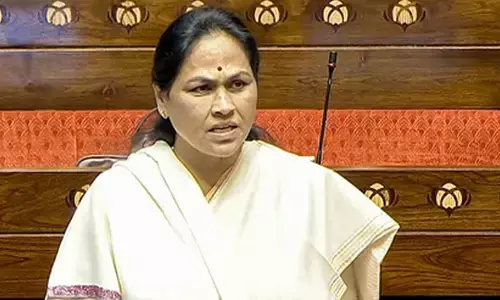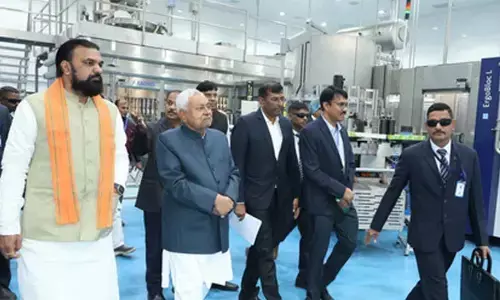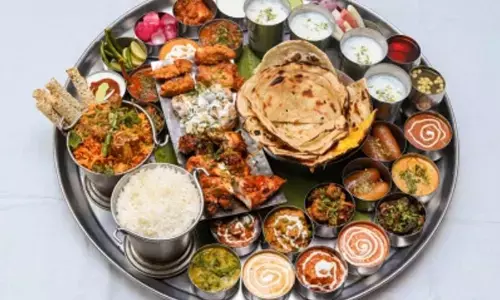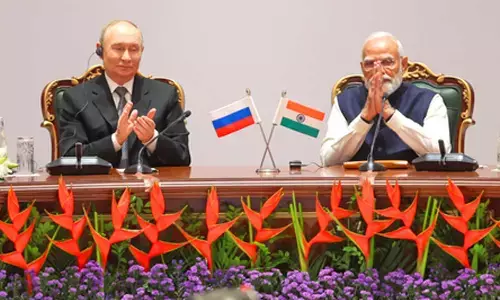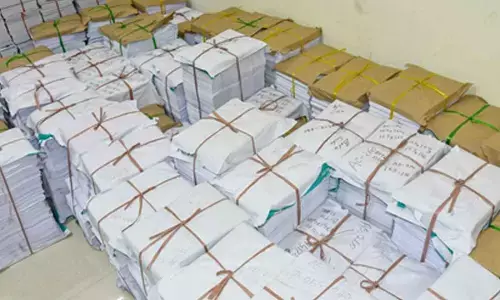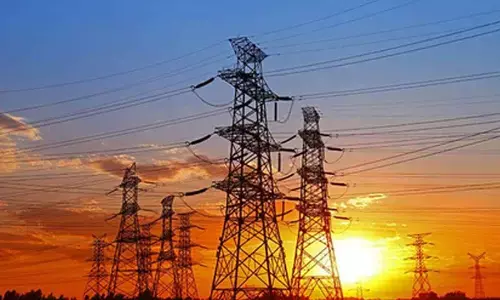Women make up less than 10% of LS poll candidates
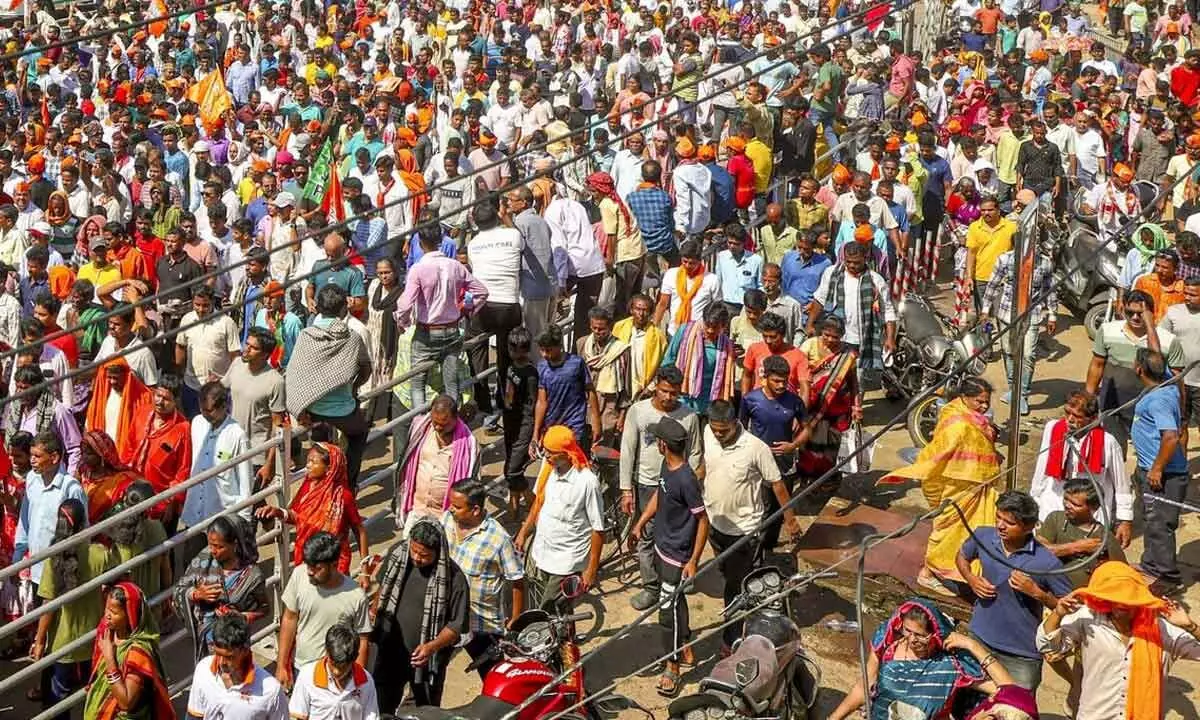
New Delhi: Less than 10 per cent of the candidates contesting in the ongoing Lok Sabha elections are women, according to an analysis of data shared by the poll rights body Association for Democratic Reforms (ADR). Of the 8,337 candidates analysed, only 797 are women, representing a mere 9.5 per cent of the total candidates contesting across the seven phases of the elections.
This is the first election since the passage of the women's reservation bill to reserve one-third of seats in Lok Sabha and state assemblies for women, reviving a bill pending for 27 years for want of consensus among parties.
The bill is yet to come into effect. During the first phase of the elections, out of 1,618 candidates, only 135 were women. This pattern continued in the subsequent phases, with women candidates remaining a small fraction of the total. Phase 2 saw 1,198 candidates of which affidavits of 1,192 candidates were analysed and as many as 100 were women.
Phase 3 had 1,352 candidates, including 123 women and 244 with criminal cases. In phase 4, affidavits of 1,710 out of 1,717 candidates were analysed and 170 were women. Phase 5 had the fewest candidates at 695, with 82 women, while in phase 6, affidavits of 866 out of 869 candidates were analysed, and there were 92 women. In phase 7, there will be 904 candidates candidates, with only 95 women.
This significant gender imbalance has sparked criticism from political analysts and activists, who question why political parties are waiting for the women's reservation bill to be implemented instead of proactively issuing tickets to women.
Dr Sushila Ramaswamy, Professor at Delhi University's Jesus and Mary College, has emphasised that political parties should take concrete steps to promote women's candidacy.
"Political parties should have been more proactive and fielded more women candidates," she said, highlighting the effectiveness of seat reservations for women within party structures, as seen in Britain's Labour Party. With women constituting nearly half of India's electorate, their under-representation in the candidate pool raises broader questions about the barriers hindering women's full participation in the political sphere, Dr Iftekhar Ahmad Ansari, Associate Professor at Aligarh Muslim University (AMU), said.
Beyond symbolic gestures and promises, he stressed the importance of structural reforms to ensure equal opportunities for women in politics, underscoring the critical role of party leadership in promoting gender diversity. "Political parties must prioritise gender inclusion in candidate selection and provide adequate support to women aspirants," he emphasised.
The issue of women's political representation extends beyond numerical quotas to encompass systemic changes in party dynamics and electoral processes, noted Farhat Jahan, a retired faculty member at Abdullah Women's College at AMU. Prof. Mohammad Aftab Alam from the political science department at AMU pointed out the challenges women often face in forming independent political opinions amidst societal influences.
"Even those elected are often relegated to symbolic roles," he said, highlighting broader issues of token representation.








